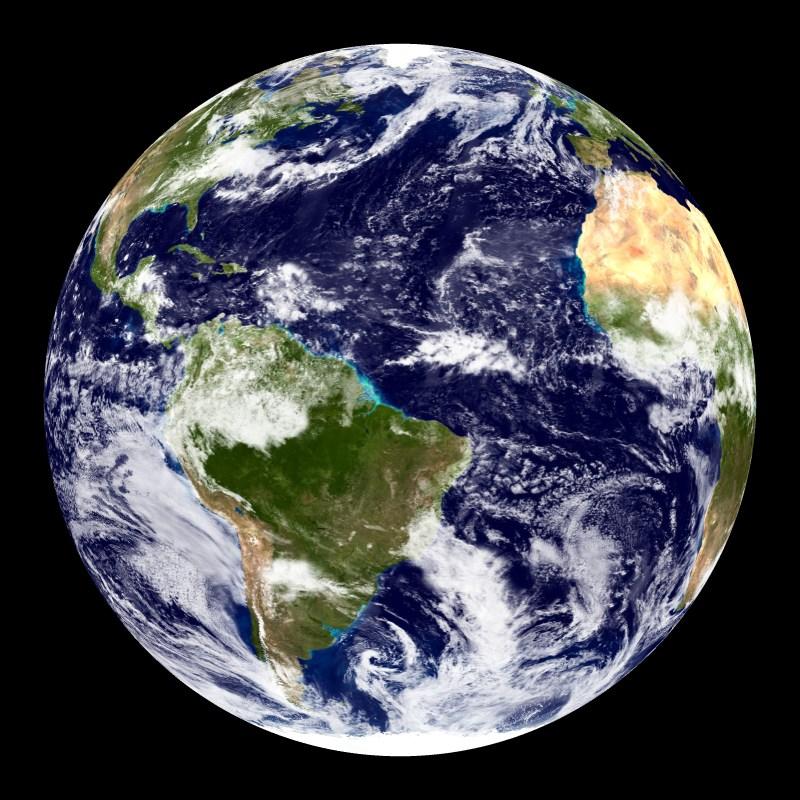I was skeptical about this blog thing
at first. I've kept blogs for various reasons and other than create random
Internet content I could not easily erase or detach from my identity; I don't
feel they served much of a purpose. Enter this blog, a mandatory assignment for
my Sustainable World class. I did not start this project with the best attitude. I honestly did not see the reason behind keeping this blog. At first
it seemed like a mandatory weekly nuisance, one more thing I had to do.
Then
something strange happened, I totally got into it! Seriously, this blog turned
into a space to put it out there. Write my thoughts on some of the issues in sustainability and my own life and even rant a little! Somehow, this blog
became my favorite component of the class! So much so that I wish we had all
been reading each other’s blogs through the semester. So, I went to the
discussion where we all post the blog links and checked out what we all had to
say. I loved seeing others journey's with their blogs as well (although, I think
I may have been more into the assignment than most). It would be cool if in the future this assignment included a component where we read and comment on a few other blogs.
Indeed,
I think this blog will likely live on well beyond this course. I think it’s a
good space to keep my thoughts on what I am studying, my path to a Ph.D program,
and my evolving view on our sustainable world! After I survive my finals, this
blog will become a place where I share the next steps on my path with personal
and academic sustainability, with a special section of the blog dedicated to my
intense hatred of one-time-use disposable plastics and my crusade to eradicate them
from my life! This is my 12th and last official blog for SUS110. But just the beginning of the Sustainable Hillary Blog!
So just for fun here are some pictures of me loving our beautiful planet!



















